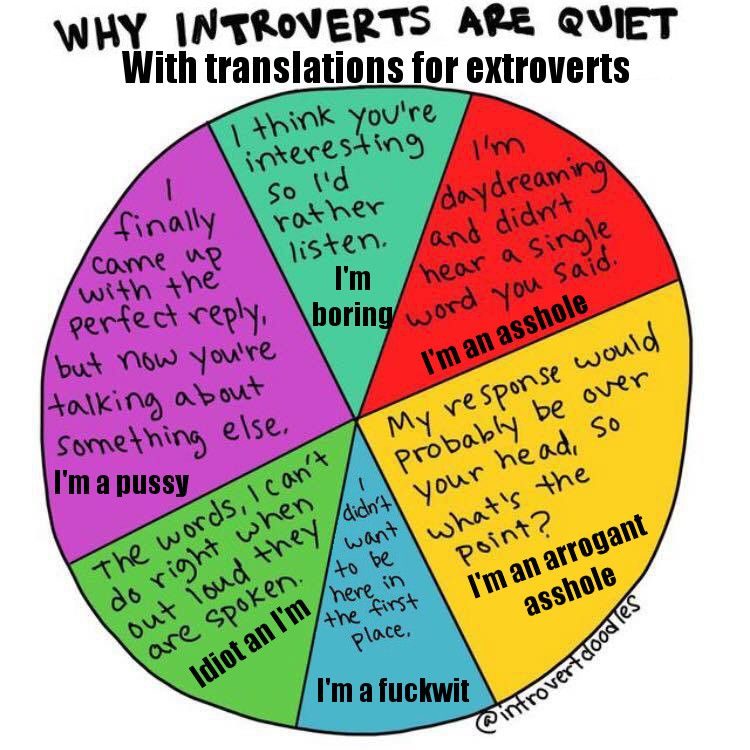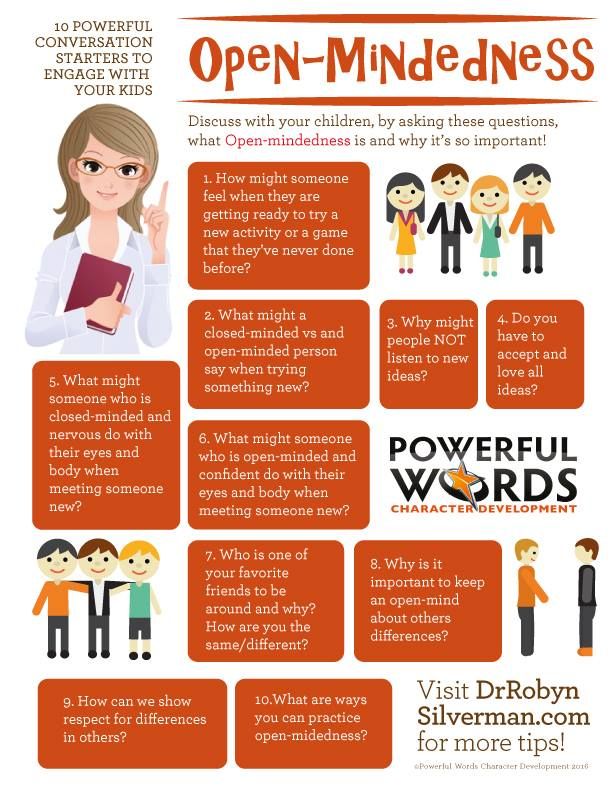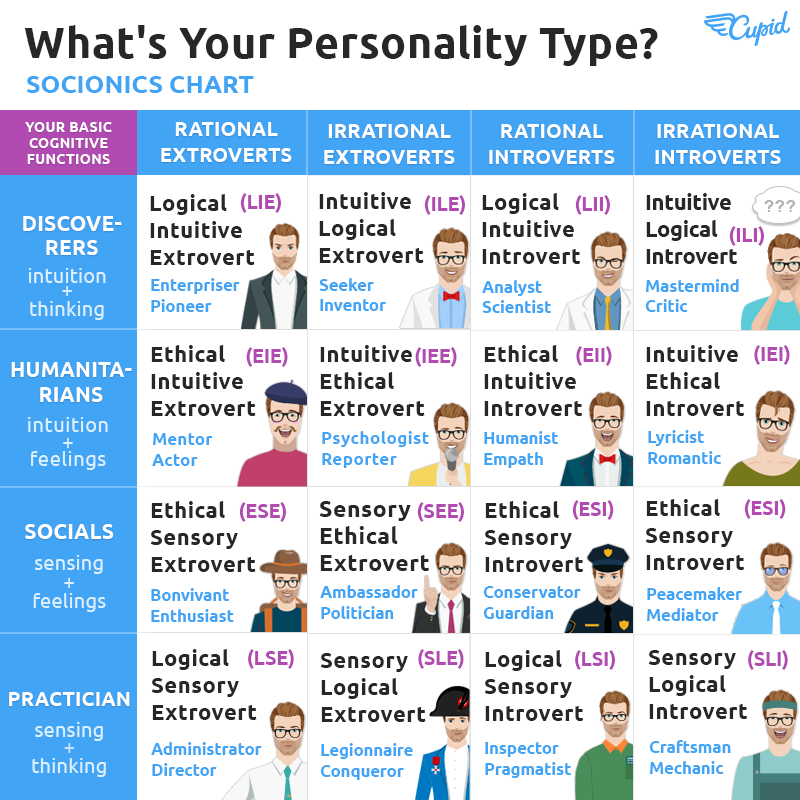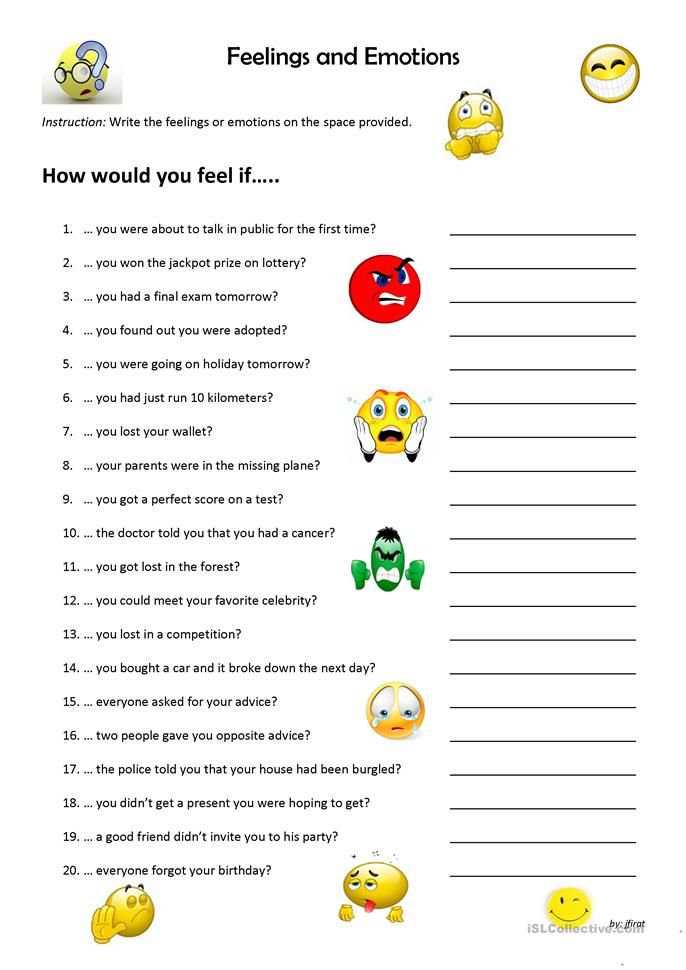Entrepreneurship for introverts
Why Online Entrepreneurship Is Perfect for Introverts, and How I Thrive
Online entrepreneurship can be perfect for introverts, because it allows you to run a business without the draining day-to-day social interaction.
When you envision an entrepreneur, you probably think of an outgoing, boisterous, Fortune-500 type. Maybe you picture someone from Wall Street giving the next viral TED Talk on how their product revolutionized today’s technology. You see, society would have you believe that every entrepreneur thrives off social networking and “working a room” until the wee hours of the morning.
But what about the stay-at-home mom typing away at her keyboard, running her online social media agency from her living room? Or the introverted blogger who prefers to write his thoughts rather than make small talk with strangers? Don’t these people count, too?
There truly are people (like myself) who don’t fall under the typical image of what an entrepreneur looks like — and they’re building their businesses online. In fact, online entrepreneurship can be perfect for introverts, because it allows you to run a business or organization without the draining day-to-day social interaction that characterizes traditional business ownership. Introverts tend to thrive alone and recharge in solitude, which means that working on projects and collaborating with others (simply through emails and video chats) can be a more energizing method of working.
But that doesn’t change the fact that the Western world is built for extroverts, and introverts can struggle to adapt. I certainly don’t have all the answers on how to thrive in the entrepreneurial field, but I have finally managed to develop a routine that works pretty well for me. Here are five things I’ve learned.
How I Succeed as an Introvert Entrepreneur Online
1. Choose an industry where introverts thrive.
As the business owner of Sorella Magazine, an online publication, I’ve found that working online has eliminated much of the pressure of social networking.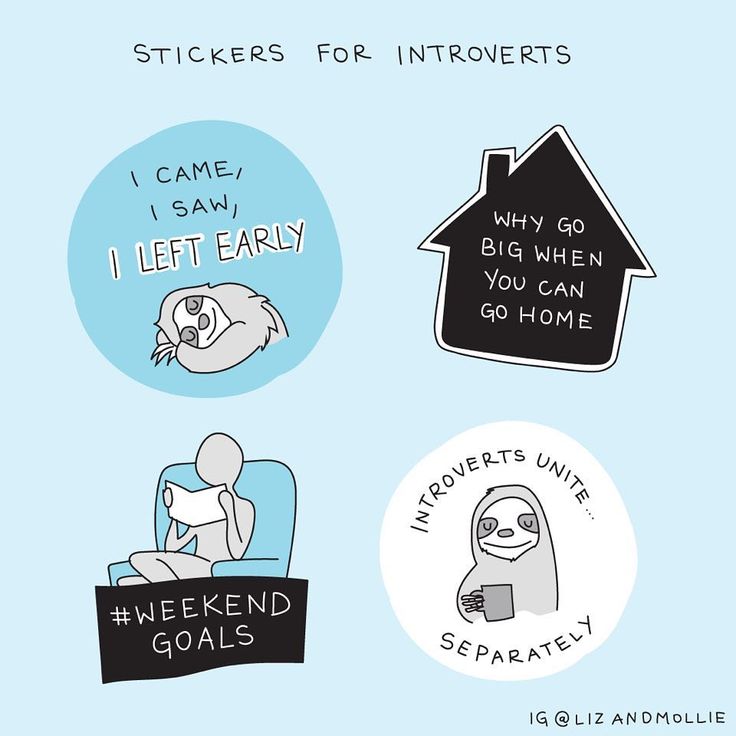 While decades ago it may have been necessary to attend some sort of dinner and charm my way into receiving interviews and exclusives, now I can reach out to people through email — and they’re still likely to answer me back.
While decades ago it may have been necessary to attend some sort of dinner and charm my way into receiving interviews and exclusives, now I can reach out to people through email — and they’re still likely to answer me back.
The awesome thing about writing is you can do it for hours and hours without getting bored. At least, that’s been my experience. It’s a solitary activity that I do to recharge and feel at peace.
2. Acknowledge the ways your introversion has benefitted you so far.
If I hadn’t spent so much of my childhood locked away in my room furiously scribbling my thoughts into notebooks, perhaps I wouldn’t be the writer I am today. Not to say that I’m the second coming of Margaret Atwood, but there are a few tricks I’ve learned that have taken me a long way in my writing career.
While other kids were out playing in the mud and dropping worms down each other’s t-shirts (true story!), I was inside writing, reading, or staring at the ceiling just thinking. The world inside my head prompts me to wrestle with Schopenhauer’s philosophy and ponder (admittedly, too much) the meaning of life and more. This isn’t to say that extroverts don’t do these same kinds of things. I’m only suggesting that many introverts are prone to rich inner lives.
The world inside my head prompts me to wrestle with Schopenhauer’s philosophy and ponder (admittedly, too much) the meaning of life and more. This isn’t to say that extroverts don’t do these same kinds of things. I’m only suggesting that many introverts are prone to rich inner lives.
This fact is something I’m immensely grateful for, and I’ll never deny that my tendency to think, observe, and ponder has propelled my skills forward.
3. Create meaningful work.
I spend more time observing and watching people than I actually spend contributing to most conversations. It’s not that I watch people like a hawk and never explain my thoughts and opinions. It’s just that I prefer to learn from other people than to teach or lead. My teachers and parents used to think this was a problem and spent an ungodly amount of time trying to convince me to speak up, for goodness sake! But this fact about me has never changed, and I wouldn’t have it any other way.
The whole listen-and-observe thing has made me more attuned to the plights of the people around me.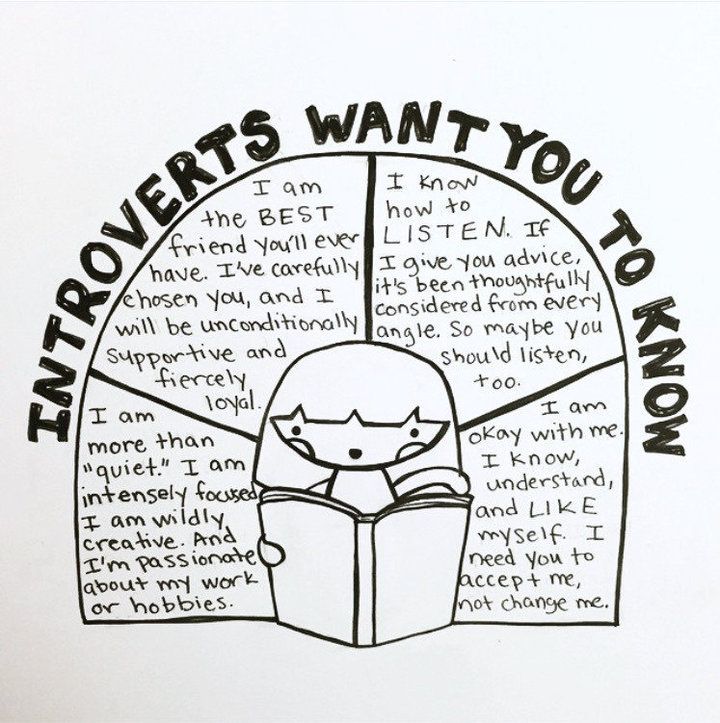 I’m not only introverted, but I’m also highly sensitive, which has been a great help for me in creating businesses that solve problems and make people’s lives better — work I find very meaningful. Because I am empathetic and tend to take on other people’s issues as my own, I often see their needs and try to create solutions for them.
I’m not only introverted, but I’m also highly sensitive, which has been a great help for me in creating businesses that solve problems and make people’s lives better — work I find very meaningful. Because I am empathetic and tend to take on other people’s issues as my own, I often see their needs and try to create solutions for them.
For one, growing up in Canada left me extremely aware of the lack of media representation of black women who looked like myself and my friends. I watched the way my friends and I struggled to deal with not being appealing to our male classmates (mostly white). Now I write inspirational articles encouraging black women to find pride in our unique beauty and to go where we are celebrated, not merely tolerated.
4. Connect to other introverts in your industry.
My writer friends have been lifesavers along this entrepreneurial journey. For one, they’ve introduced me to incredible apps like Mint, Canva, and Snapseed that make things that felt like chores (i. e., doing inventory and creating Instagram posts) a million times easier. But most importantly, they’ve provided companionship along this journey.
e., doing inventory and creating Instagram posts) a million times easier. But most importantly, they’ve provided companionship along this journey.
It’s true that, as an introvert, I prefer to be alone. Meditating, listening to a self-help podcast, or running with my dog in the park will always feel better than having a conversation. Yet my blogging friends have provided companionship in this solitude. We’ll head to Starbucks, grab a coffee, and then get to work on our novels or articles. Alone, but together, if you get what I’m trying to say.
Like what you’re reading? Subscribe to our newsletter. One email, every Friday. Sign up here.
5. Make time to disconnect and recharge.
As much as I love my job and feel that what I do is meaningful, I still take time (on a daily basis) to actively forget my work. I don’t allow myself to think about my content calendar or reach out to businesses for sponsored posts or design my next pin on Pinterest. Nada.
Nada.
Instead I’ll make time for my friends who work in other industries and listen to their stories about their 9-to-5 jobs. It reminds me that there’s a world outside blogging, writing, and entrepreneurship as well. Business ownership is great, but it’s not life. What makes life worth living is the people we surround ourselves with and the passions that drive us, like painting a flower you found on your evening walk or that silly song lyric that makes you laugh.
The First Steps to Starting an Online Business
If you’re an introvert who wants to start an online business, the first step is to examine your interests. What are some topics you could talk about for hours? What keeps you up thinking until 3 in the morning? Whether it’s selling your washi tape designs on Etsy or starting a YouTube channel about DIY, there is likely a way you can turn some passionate interests into profitable ventures.
Likewise, if you start a business you’re passionate about, the work will naturally be more meaningful, and refill and recharge you.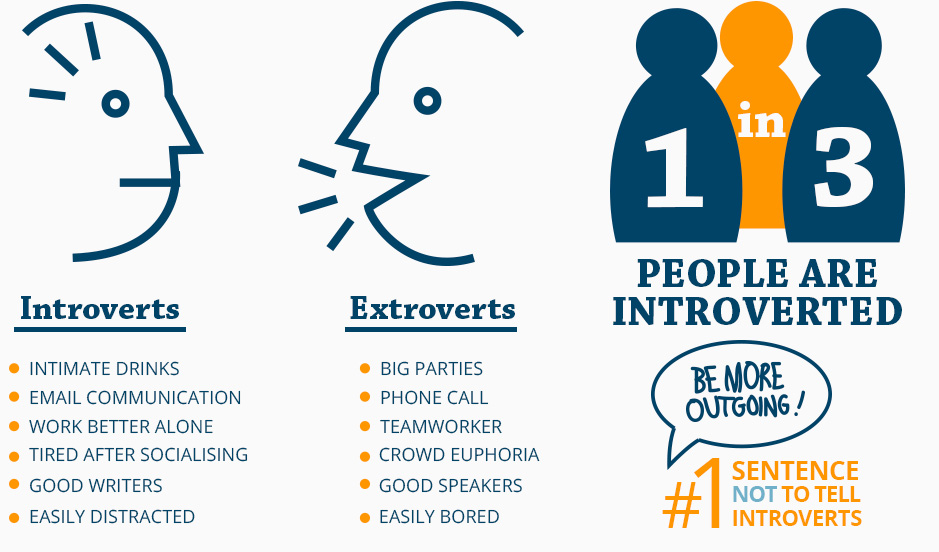 This will help you later down the line if you find that you need to expand beyond the online world to reach your company’s full potential.
This will help you later down the line if you find that you need to expand beyond the online world to reach your company’s full potential.
As long as your work is meaningful, and you set aside time to disconnect and recharge on a regular basis, you can thrive as an introvert in the world of entrepreneurship. Remember that introversion is not a hindrance; you can be an introverted entrepreneur and a confident leader, decision-maker, and problem-solver.
Lastly, be proactive about finding a career mentor and/or partnering with people who understand your mission and complement your strengths. Mentors can offer amazing guidance and teach you how to propel your business to the next level.
I think that as we begin to highlight introverts more, we will discover there are way more introverted entrepreneurs than previously imagined. Instead of expecting the quieter, more reserved part of society to assimilate into our extroverted culture, let’s praise and acknowledge introversion in all areas of life.
You might like:
- Why Entrepreneurship Might Be the Best Career Path for Introverts
- Telephonophobia Is the Intense Fear of Talking on the Phone, and It’s Real
- You Get More Introverted With Age, According to Science
Why Introverts Make Great Entrepreneurs—Plus 5 Tips for the Entrepreneurial Introvert
What do Warren Buffet, Bill Gates, and Mark Zuckerberg all have in common? In addition to being some of the most successful entrepreneurs in the world, all three are introverts.
This may come as a surprise. After all, aren’t introverted people shy, quiet, and even anti-social? Most people wouldn’t assume introverts are the type to thrive in the fast-paced, aggressive business world. This thinking, however, is changing.
Understanding Introversion
Introversion is not the same as shyness, which is about fear of social judgment.
In fact, although they tend to find social interactions tiring and are energized by time alone, introverts aren’t easily pigeonholed as having one personality type or another.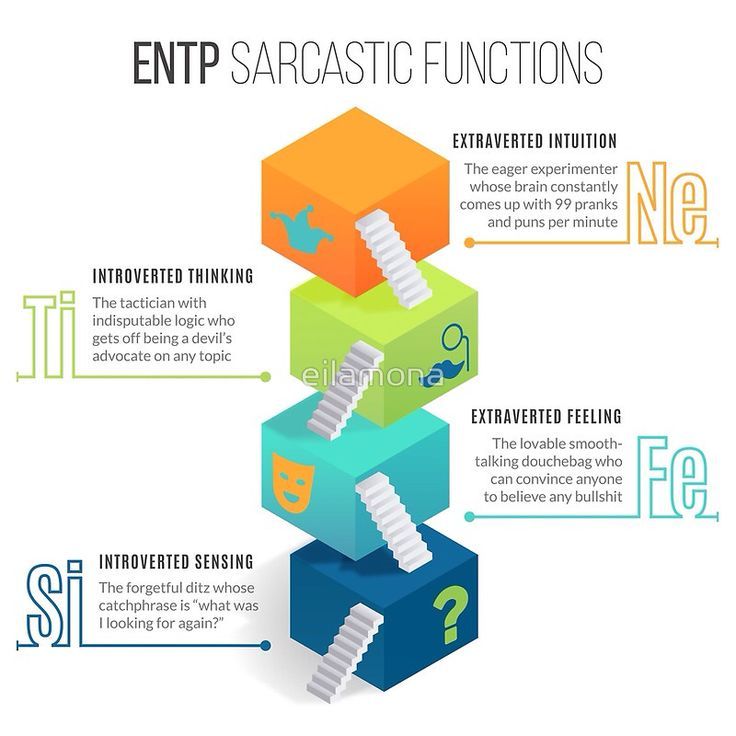 Introversion is simply one end of a personality spectrum that has its opposite in extroversion.
Introversion is simply one end of a personality spectrum that has its opposite in extroversion.
The terms introvert and extrovert were introduced by Swiss psychiatrist Carl Jung. In Jung’s view, introversion and extroversion are ways of responding to the outside world. He described introverts as preferring small groups of people to large groups, and enjoying activities such as reading, writing, and thinking.
So, while people tend to be more introverted or more extroverted, most fall somewhere in the middle. Though they may be harder to identify, introverts make up approximately one third to half of the population, or one out of every two or three people.
Introverts as Entrepreneurs
Understanding what introversion is and what introverts can achieve has changed substantially in recent years, thanks to pioneering works by Susan Cain, author of “Quiet: The Power of Introverts in a World That Can’t Stop Talking,” and research by Wharton professor Adam Grant, among others.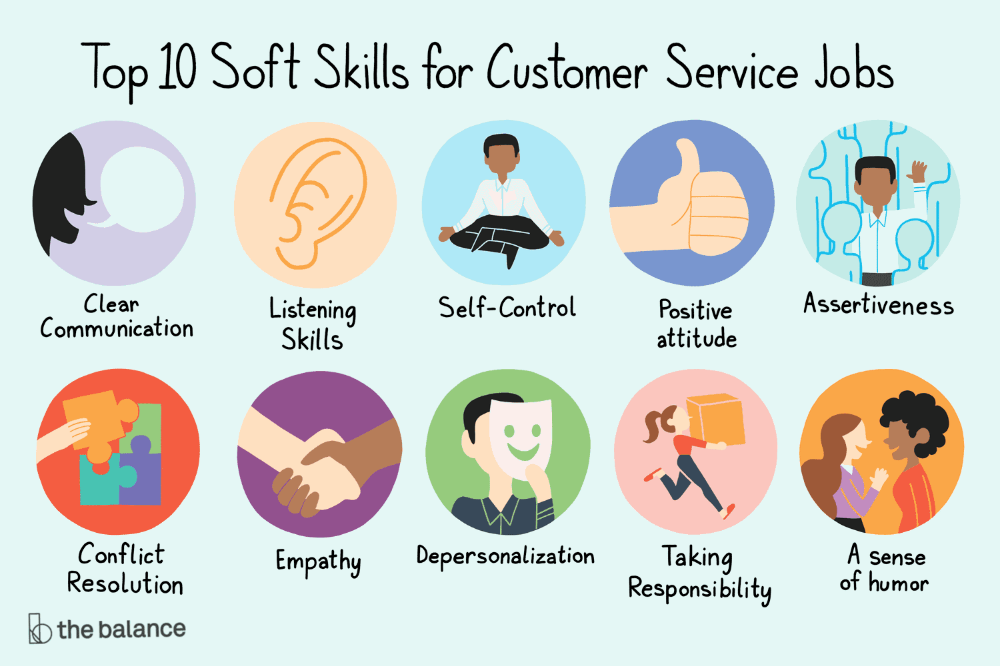 An important takeaway of the new scholarship is that self-aware “innies,” when they maximize their talents, can flourish in entrepreneurship and other fields once thought to be only the province of “outies.”
An important takeaway of the new scholarship is that self-aware “innies,” when they maximize their talents, can flourish in entrepreneurship and other fields once thought to be only the province of “outies.”
Cain, who worked as a Wall Street lawyer for many years, noticed that she struggled to adapt to the fast-paced lifestyle that seemed to come so easily to her peers, and had difficulty enjoying herself in crowded bars and large groups, feeling that she was more suited to a life of writing and quiet dinners with friends. The author-turned-public speaker admits that it took years to come to grips with her introverted nature in a culture that is strongly biased toward extroverts.
Finally heeding her intuition, Cain gave up what she calls “self-negating choices” and wrote the book that began the so-called Quiet Revolution. Her message is apparently being heard; Adam Grant, whose research on leadership is helping to further erode the stigma of introversion, recalls how he instructed two groups of Wharton MBA students, first in 2011 and again in 2013: “Raise your hand if you’re an introvert. ”
”
In 2011, only a handful of students raised their hands. Two years later, more than a third of the students raised their hands. Grant attributes this uptick directly to Cain’s work and how it has helped do away with the perception of “introversion as a liability.”
5 Tips for the Introverted Entrepreneur
As an entrepreneur, your introversion can be a powerful tool, if used correctly.
Maybe you’re an introvert just now coming to grips with your personality, after spending years trying to be extroverted. Perhaps you’d like to take the plans you have contemplated in private, and finally make them public.
If so, you’d be wise to stop playing up to extroverted ideals, and instead maximize your potential as an introvert. By staying true to yourself, you can achieve far more than you could pretending to be someone you’re not. The important thing for the introverted entrepreneur to remember is, as Cain advises, to put yourself in the zone of stimulation that is right for you.
Discomfort in entrepreneurial endeavors such as networking, speaking engagements, and leadership may seem like personal weaknesses, but with minor adjustments, they can actually become strengths.
1. Maximize your leadership potential as an introvert
Adam Grant’s groundbreaking research on leadership reveals that extroverts don’t necessarily make the best bosses, even though people strongly associate extroversion with leadership.
In his experiment, Grant looked at the profits of pizza delivery franchises, and analyzed the different management styles. He found that proactive employees earned higher profits under an introverted manager, while non-proactive employees earned better under an extroverted manager. As Grant explains, “introverted leaders are more likely to listen carefully to suggestions and support employees’ efforts to be proactive.” Extroverted leaders, conversely, “like to be the center of attention” and “tend to be threatened by employee proactivity.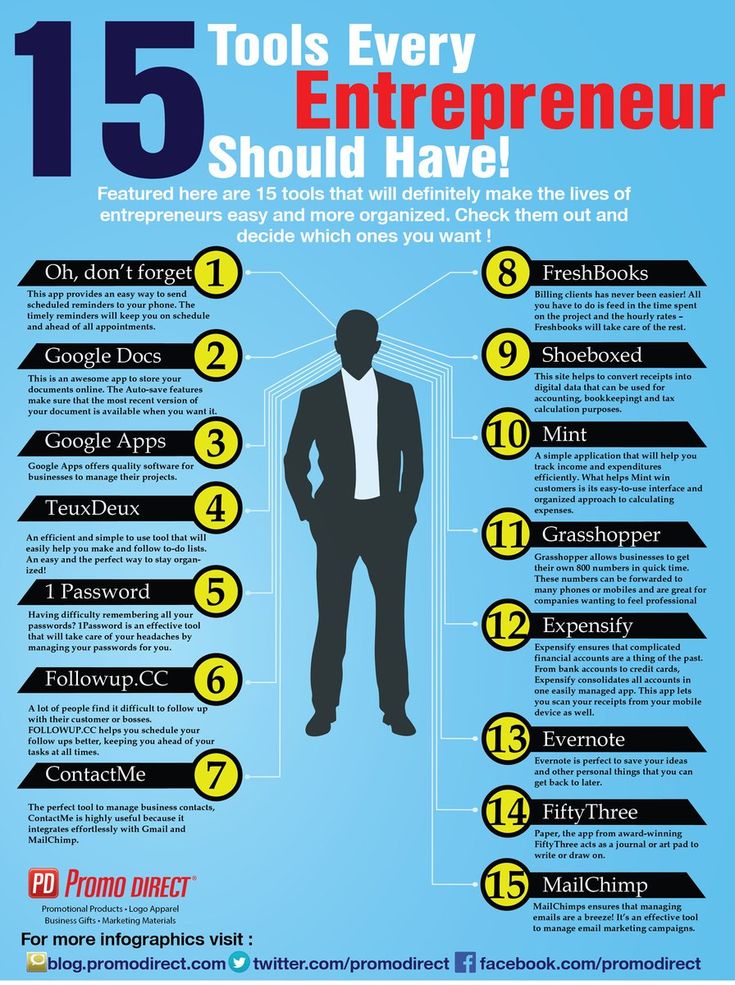 ”
”
As an introverted entrepreneur, you might apply Grant’s findings to your own business by encouraging employees to speak up and make suggestions. More broadly, you may achieve better outcomes from workers simply by letting them run with their ideas. This was the philosophy of former 3M CEO William McKnight, who allowed employees to spend 15 percent of their time on pet projects. 3M still follows this philosophy, which led to the invention of the Post-it® note, as well as other innovations.
2. Consider an extroverted partner
Just as you might bring a more charismatic “wingman” (or woman) along on Saturday night to help you in the world of dating, you might bring on board an extroverted partner to help you in the world of business. A famous example of this is Steve Wozniak (introvert) and Steve Jobs (extrovert), the pair that went on to start Apple Computers. In this instance, Jobs was in charge of marketing, while Wozniak focused primarily on product development.
3. Schedule More One-on-One Meetings
Crowded rooms and small talk are never comfortable for the introvert, yet if you want to pitch yourself and your business, you’re going to find yourself in the midst of both.
Contrary to popular belief, introverts aren’t bad with people—it’s just that they prefer a small group of people they know well to a large group of strangers. To make this work to your advantage, use your preference for social quality over quantity by scheduling one-on-one meetings or small group meetings. Compared to a large room of strangers, these more intimate arrangements will help the introvert from becoming over stimulated.
4. Self-Promote Like an Introvert
Photo: Kris Krüg
The ability to sell yourself is a critical one in business, but self-promotion can be particularly difficult for introverts. The trick is to self-promote in ways that accommodate your skill set.
For example, introverts often excel at writing, so you can use a well-written piece in an industry publication to reach more people.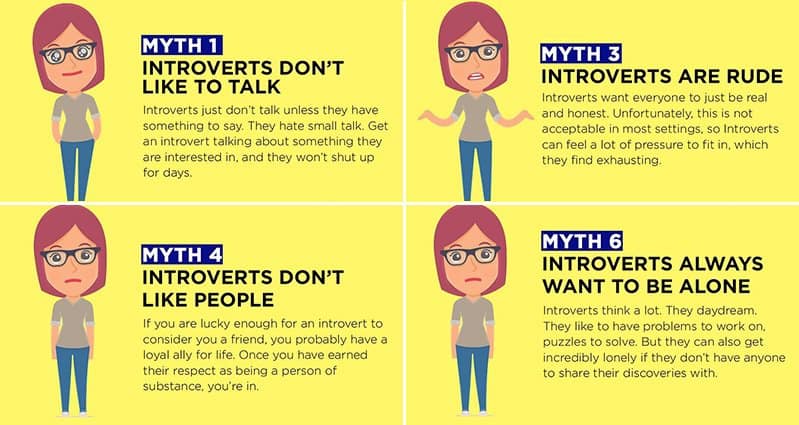 Or, you might put together a thoughtful social media campaign or series of blogs from the privacy of your own office.
Or, you might put together a thoughtful social media campaign or series of blogs from the privacy of your own office.
You can’t, however, shun face time altogether. What you can do is approach social events with greater purpose.
Rather than attending a networking event and pacing aimlessly around the room trying to make small talk, try hosting an event. Hosting makes you a go-to person and forces others to come to you. The same goes for public speaking. Taking the podium lets you reach many people at once instead of being bogged down in many smaller conversations.
Introverted New Yorker journalist Malcolm Gladwell observes that speaking on stage “has nothing to do with extroversion. It’s a performance, and many performers are hugely introverted.”
5. Recharge Through Alone Time
In spite of your best efforts to collaborate in a manner befitting an introvert, you will reach a point where you simply must shun others in favor of alone time. Resist the temptation to see your urge for solitude as a “liability,” and remember that alone time is the air introverts breathe.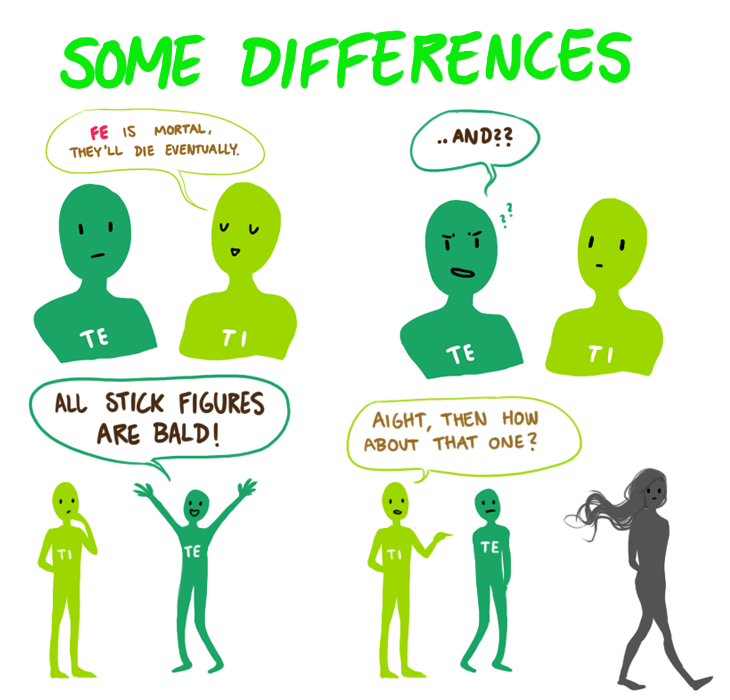
Time spent alone in a quiet environment will restore your energy and, more importantly, may give rise to a career-changing epiphany.
Are you an introvert or extrovert? How have you adapted your entrepreneurial efforts to your personality’s strengths?
Share your thoughts in the comments below.
Brian writes for the BusinessTrialGroup.com. He enjoys educating people about their rights in a society where legal fine print is creeping ever further into our daily lives.
Can an introvert become a successful entrepreneur? — Career on vc.ru
Hello! I'm Vera Ivanova, lead tracker at Admitad Projects startup studio. Today I would like to share my observations about introvert entrepreneurs. It used to be kind of indecent to be an introvert.
2741 views
Remember all these motives from the last century: "Strength in the team" and others "It is important to be open to comrades." Well, if a person lives more “in himself”, then he is secretive - you can’t trust him! nine0003
Such stereotypes have been hammered into the heads for years and quite successfully formed a certain structure "introvert = almost a loser. " What kind of entrepreneurship are we talking about here?
" What kind of entrepreneurship are we talking about here?
But has this model of perception passed from the system of the past to the modern one, or is it not a stereotype at all, but a harsh truth? And an introvert is such a 100% exclusively hired worker who does not want and does not know how to build a business with all its complex components: daily communication, expanding connections, the ability to defend one's position, and so on? nine0003
It looks like quite the opposite
The International Journal of Multidisciplinary Research and Development noted an interesting fact recorded by scientists in a number of field studies: introverts have their own management style - Servant Leadership. And it is this style that allows them to become more successful leaders, outdoing extroverts in their achievements.
How so?
After all, an open and energetic extrovert-boss, radiating confidence - here he is, the image of a classic leader_successful_businessman? We constantly see such guys around us: in public life, at work, on YouTube and on TV, after all! And this seems to be logical: people who like to be in the spotlight, recharged from the energy of other people - these are the true leaders, aren't they? nine0003
But introverts, with their eternal detached position of a solitary observer, are not so simple.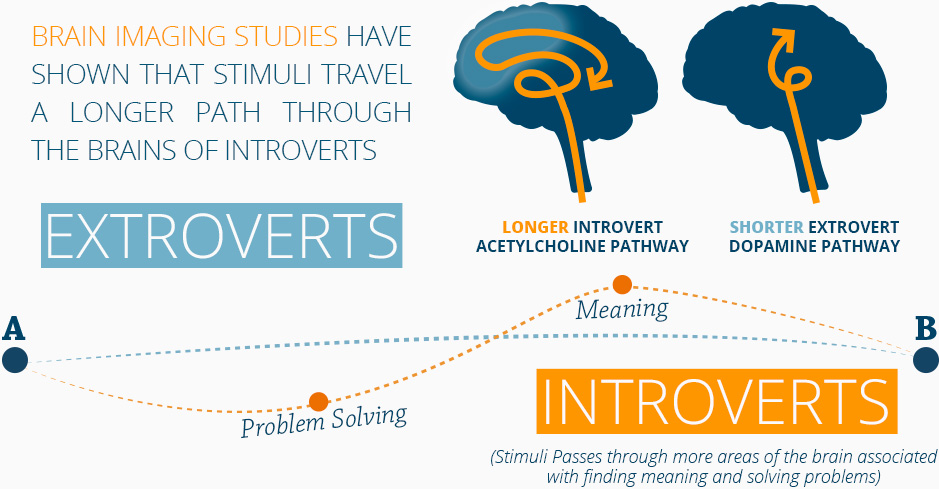
We don't understand introversion in business?
Yes, it may be uncomfortable for them to communicate with a large number of employees or clients, but they can see the situation from the outside. A detached, coldly calculating view of business is no less important than the ability to actively and aggressively overcome all sorts of work difficulties. Yes, and face-to-face negotiations for an entrepreneur are no less, and often more important, than the ability to stay “in public”. nine0003
It is in such negotiations that an introvert can show his strong side: listen and hear the opponent, think over his words and give a balanced answer. Or take a pause for such an answer: after all, an introvert is usually not about fleeting decisions.
In addition, it is easier for an introvert to increase his presence in communication with a client, and this will most often be taken as a sign of rapprochement. But it is still more difficult for an extrovert to “reduce” his obvious bright personality, because this is a way of life.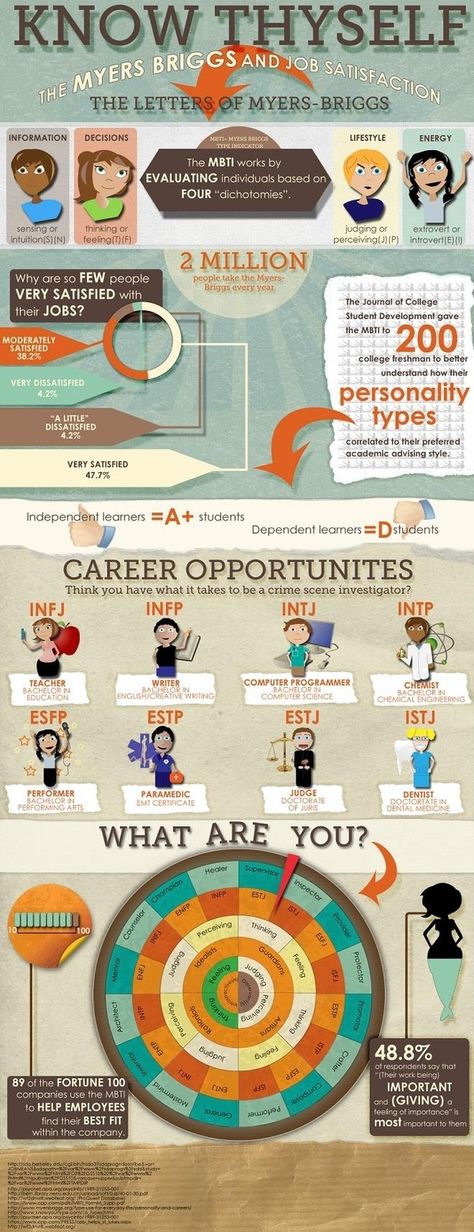
It is also impossible not to note the advantage that is extremely relevant in modern society with its post-pandemic realities of remote communication. Here, by the way, well, it’s impossible not to remember this meme:
After all, extroverts are used to 100% use their personal charm and literally put pressure on a person with their charm, but now this possibility is severely curtailed in many industries.
And introverts, on the contrary, got new opportunities - to use the power of their "textual" charm in correspondence or in remote negotiations through the same Zoom. When they don’t even have discomfort from the physical presence of a person at arm’s length (of course, there is no escape from the very need to communicate). nine0003
Of course, it would be wrong to say that extroverts are not good at entrepreneurship, because various social skills such as the ability to sell and acquire connections are important. Here 1:0 in favor of extroverts.
But is it enough to achieve business goals? Is it possible to increase its value by selling only and expanding its own network of conditional sellers-buyers?
After all, you can expand the network, or you can understand whether the product has additional value. nine0003
nine0003
And if it exists and the audience is willing to pay, then raising the price x3 will generate more revenue than another open store. More income and significantly less effort. It is at such moments that an introvert comes in handy with his habit of looking at a problem from all sides, rolling it inside himself.
But introverts, due to their psychotype, have advantages not only in analytics and co. Strange as it may sound, sometimes an introvert is a much better conversationalist.
Greg McKeown, best-selling author of Essentialism writes: “No one wants to have a 'business conversation', especially those at the highest levels of business and politics. They crave real conversations and real relationships. You have to be authentic and sincere." nine0003
Judge for yourself, with whom would you like to communicate more: with a dominant speaker or a person who knows how to listen and hear not only himself?
Total: Introvert Entrepreneur Advantage
The issue discussed in this article has been repeatedly discussed in various venerable publications - Business Insider, Industry Weeks, Inc.
The same idea runs through all materials: it is easier for introverts to find a solution to a problem, and their thinking allows them to see the whole picture of the business. Introverts are better at resolving conflicts and are better leaders. nine0003
Let's try to collect in one list the traits common to most introverts and evaluate their possible importance for business. So, introverts:
- are more often realists than builders of cloud castles;
- put their peace of mind first;
- avoid contact with toxic/cynical people;
- do not try to please everyone, are picky in their social connections; nine0065 listen more carefully than extroverts, can better understand the problem.
Each of these features can help the entrepreneur solve the problems of his company. And some of them will allow you to solve the same problems with really high quality.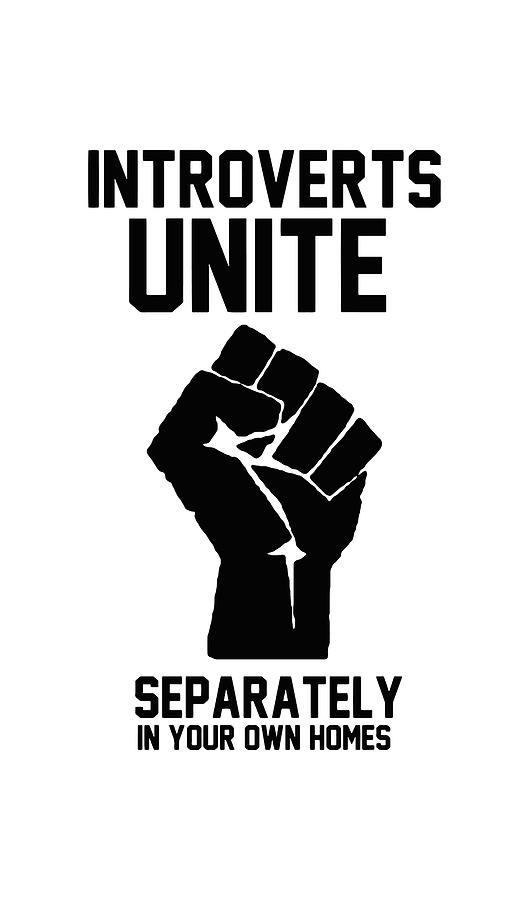
So is it worth it for introverts to "get into business"?
Ask Warren Buffett, Bill Gates, Larry Page, Mark Zuckerberg or Elon Musk. One side.
On the other hand, they took their places on the business Olympus not because they were introverts, but because they were able to develop in the right direction. Including using the strengths of the personality type. nine0003
If the introvert who reads this article is ready to work on himself, by analogy with these guys, then yes, he has every chance of becoming a successful entrepreneur.
And if not - ...well, being hired or freelancing can also get a good job. True, you may have to carefully hide your features and pretend to be an extrovert - because that's what management likes so much.
P. S. Both extroverts and introverts successfully coexist and work in our startup studio Admitad Projects. Look into our chat and Telegram channel - perhaps you will find something interesting for yourself. nine0092
nine0092
7 Benefits of Being an Introvert Entrepreneur
Most people find that being an introvert is not good for business. After all, introverts try to stay away from the crowd, they don’t really like to enter into conversations, and they don’t tend to adjust themselves and their ideas to external circumstances. Yes, it is true in some way. Entrepreneurs like Jordan Belfort can make everything revolve around them with their talkativeness.
nine0002 But no! Whether they're entrepreneurs or business leaders, introverts can bring something so unique to a project that it would be incredibly stupid not to include them on the team or listen to them when they have a say. Especially in matters where the ability to think creatively and see the future is important. Then the only chance to take advantage of the introvert way of thinking is to be born one. Or listen to his advice.
There are seven undeniable advantages of introverted entrepreneurs over the rest:
1.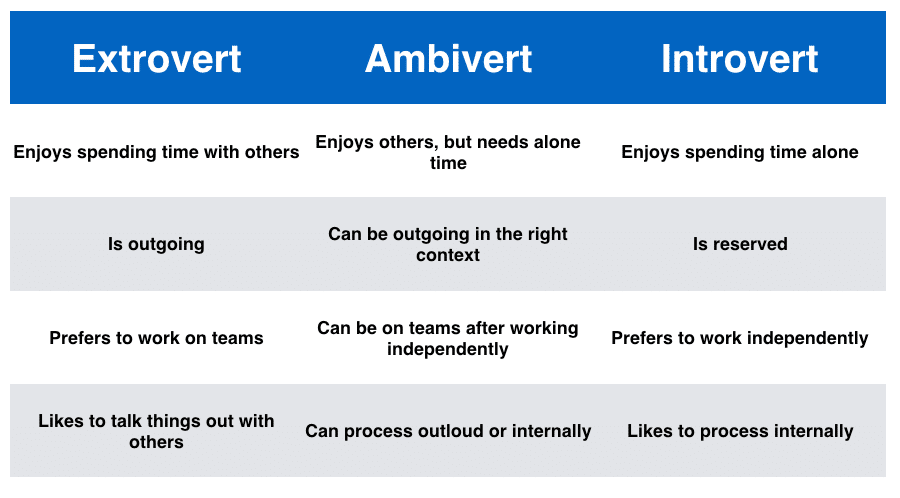 Introverts are always deep thinkers.
Introverts are always deep thinkers.
Quietly sitting aside, introverts (which is clear from the very meaning of the word) are completely immersed in the process of thinking about the problem. Sophia Dembling, author of The Introvert Path: A Quiet Life in a Noisy World, says this about introverts: “Your ability to hear and process information is your true strength ... You just need to listen, step aside, think things over and return to the conversation ". Yes, sometimes introverts take more time to think about a task, but it is their ideas that usually take precedence. We bet the introverted scientist Albert Einstein thought as much as he needed to about how his work would affect the atomic age and all of human civilization. nine0003
2. Introverts are the most creative minority.
It turns out that the depth of thinking affects the result of creative work. Is it any wonder that most artists, with all their quirks, were introverts? The world of Silicon Valley was once shaken by an eccentric introvert who always did everything in his own style, and also wore a black turtleneck and jeans every day. We all know him as Steve Jobs. And although he, unfortunately, has already passed away, his creations and contribution to technology will live forever. nine0003
We all know him as Steve Jobs. And although he, unfortunately, has already passed away, his creations and contribution to technology will live forever. nine0003
3. Introverts are naturally cautious.
Susan Cain, author of Silence: The Power of Introverts in a Chatting World, believes that "Introverts make insightful guesses, form behind-the-scenes alliances, and are great at finding solutions." Caution in business is a guarantee of protection against pr
5…. and listeners.
The best thing about having introverts on your team is that they are great listeners.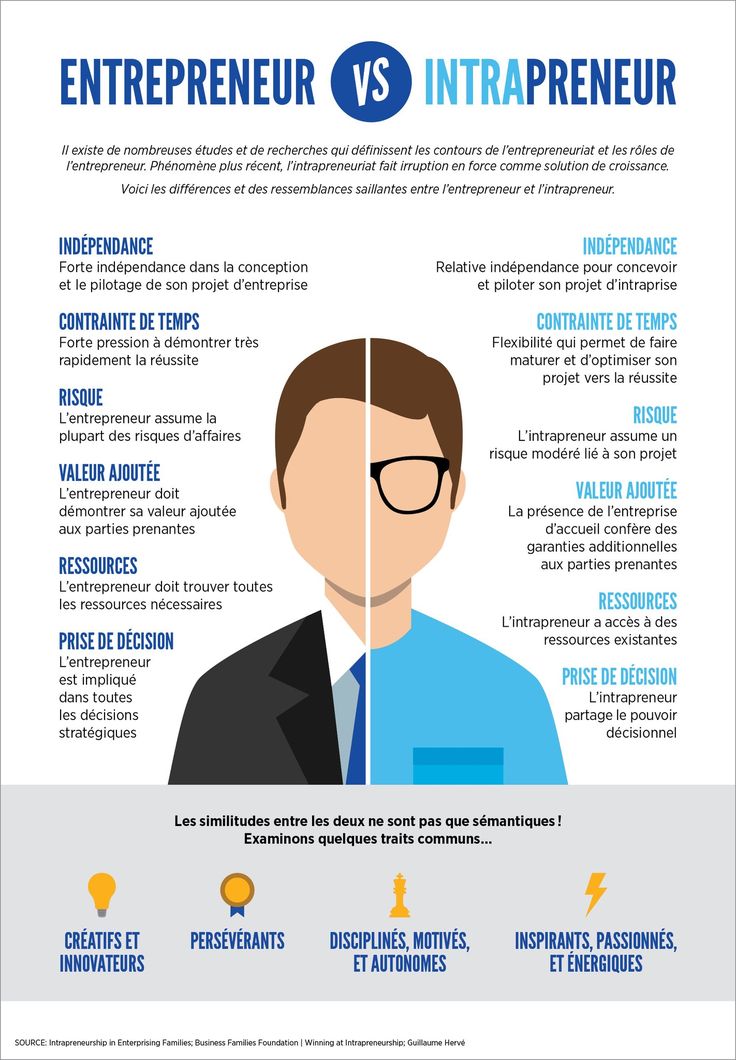 They will listen to your every word, remember it and think critically. Their ability to listen to other people's ideas is very important. Those introverts who run a business are always open to feedback and perception of other people's points of view. A leader who listens makes smarter decisions and steers the company forward intelligently.
They will listen to your every word, remember it and think critically. Their ability to listen to other people's ideas is very important. Those introverts who run a business are always open to feedback and perception of other people's points of view. A leader who listens makes smarter decisions and steers the company forward intelligently.
6. Introverts are quiet authorities.
Do not underestimate introverts. Appearances can be very deceiving. The tactics of covert influence on others in business are revealed in the character of Frank Underwood. In real life, these are personalities such as former secretary Candoleezza Rice, two of the richest Americans, Bill Gates and Warren Buffett, as well as two Apple executives - past and present. They never express their ideas directly, but are determined to carry out their well-thought-out designs discreetly. This is what makes an introvert the kind of person you would like to have on your side. nine0003
7.